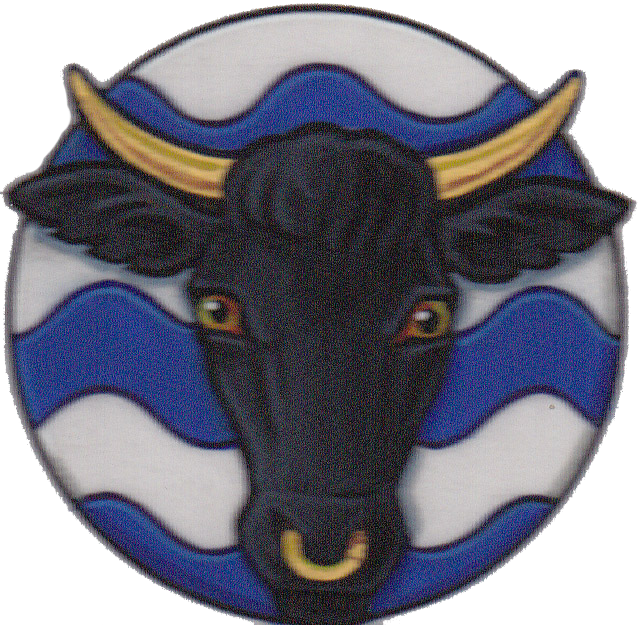John was one of those people who seemed to lead a charmed life. Always the centre and light of the room at any party, he received a first from Oxford University, spoke Italian like a native and went on to become one of the leading lights of his year at the prestigious LAMDA drama school. It was on a holiday in Canada that John began to get headaches and went to see a doctor. Instead of an aspirin, they gave him a CAT scan and found a massive brain tumour.
It was incredibly lucky that they caught it (my cousin was not so lucky and died from a brain tumour a short while ago) but, unsurprisingly, the act of scooping out a chunk of John’s brain had a major effect upon him. Whole chunks of his memory were gone (except strangely for the lyrics of eighties music for which he has a now encyclopedic memory), he had problems with his short-term memory and his short-circuited brain chemistry gave him severe depression.
I shared a flat with some close friends of John and he came to live with us in Kentish Town. Things seemed to be going well, though at times I would come down the stairs to hear John crying in his room. Shortly afterwards I went off on an expedition to Greenland, and when I returned John had gone. He had taken himself down to Beachy Head and prepared to jump off and kill himself. Luckily the police found him and John was strong enough to tell them that he needed help.
John was taken away and placed in a mental health institute, sharing his ward with people whose mental difficulties at time dwarfed his own. We would get the occasional phone call from John, and it was on one of these that he told us he would shortly be on day release and able to come and see us.
Sitting in our conservatory, John talked about his depression and in some ways it seemed very much linked to not being able to see a future. Acting did not seem to be a viable option anymore and John could not visualise anything else. What was the point in living if you had nothing to live for? Now, Ben and I talk a lot about the importance of goal-setting in life and attempting to do that which you are not sure you can do. I wondered if this might help John, so sitting there I said “John we have six months, next April you are going to run the London marathonâ€. John pointed out that I was the crazy one, he had never run before and got out of breath walking down the street. At which point I lent him some running trainers and told him we were heading out in ten minutes.
I beasted John on that run, I took him up the steepest longest hills in the area, at times running behind him and pushing him along. So many times John told me that he couldn’t carry on and I would ignore him, and somehow he found it in him to continue. He didn’t stop that day and by the time we reached home again he had run ten miles: ten more than he had ever run before. It wasn’t a traditional way to begin a training campaign and ran a real risk of turning John off running for life, but I wanted to show him that, even then, he was capable of far more than he thought. Just because he couldn’t see it did not mean he couldn’t do it. By the end of that day, he believed that with the right training there was a marathon in him.
The next time we went running, I strapped a heart rate monitor on John and didn’t let him break 160 beats per minute; he spent a fair amount of time walking but this time enjoyed the run. From then on John began to run more and more, mixing up sprints, long slow sessions and medium pace runs. Each day he would gain in confidence and I enjoyed the amazement in his voice when he would talk about the ease with which he took on hills that had nearly broken him on that first day. He moved out of the ward and found his own place, near enough to the park that he could continue his training.
Yesterday, John stood at the startline of the London marathon, wearing a pink polystyrene brain helmet and his runners number. Under the hottest conditions ever recorded for the London marathon, John made the 26.2 miles in four hours and 49 minutes, never stopping or walking once. I don’t think I’ve ever been so proud of someone as I was of John yesterday.
John raised £5,000 for the Brain Research Trust and is not stopping there. We’ve begun talking about how we might run across the continental US in the near future and I am also trying to persuade him that an Ironman might be a good training session to put in. After all if he can come from nowhere to run a marathon, what is there out there that he can’t achieve if he puts his mind to it.
Thanks John, yesterday you made my day.

